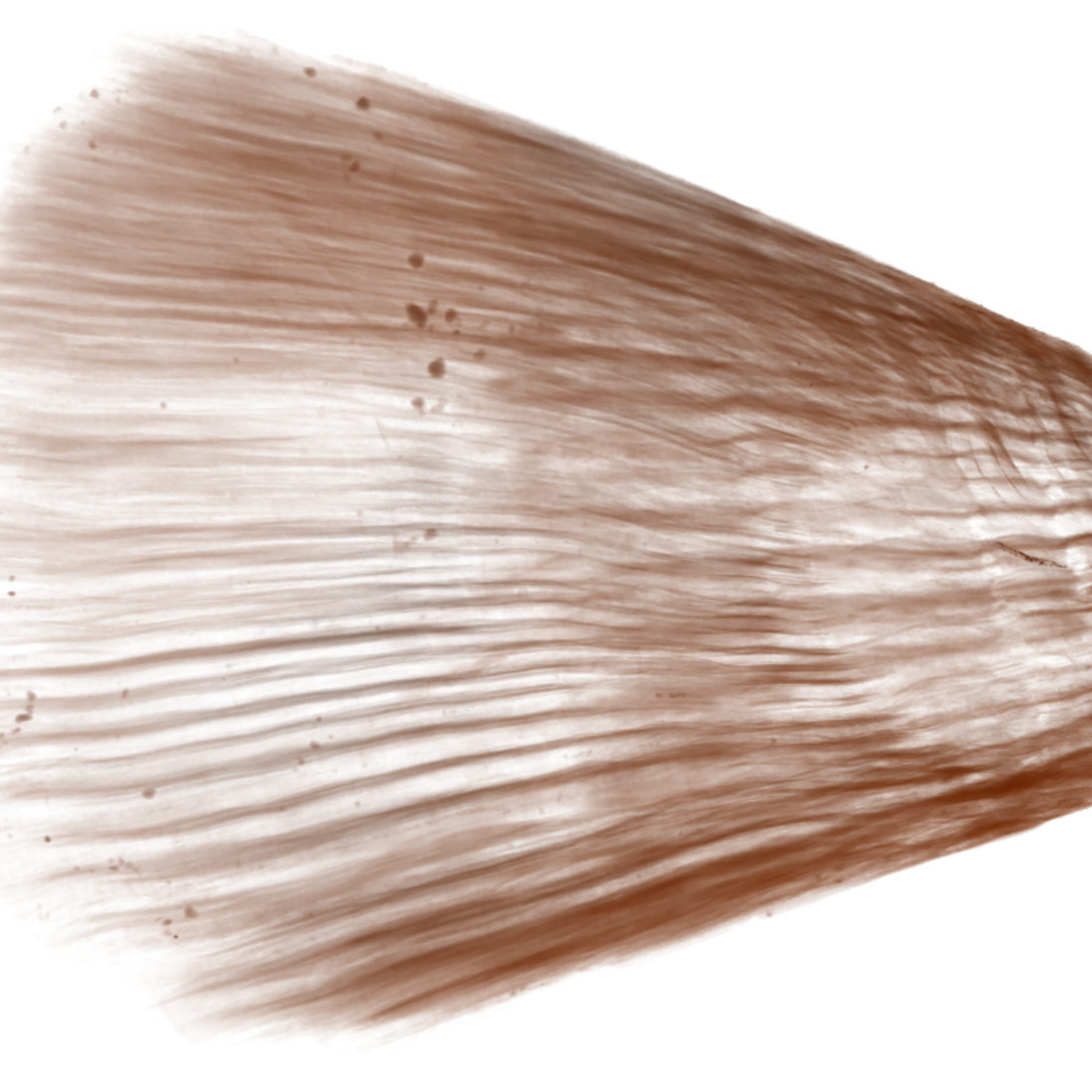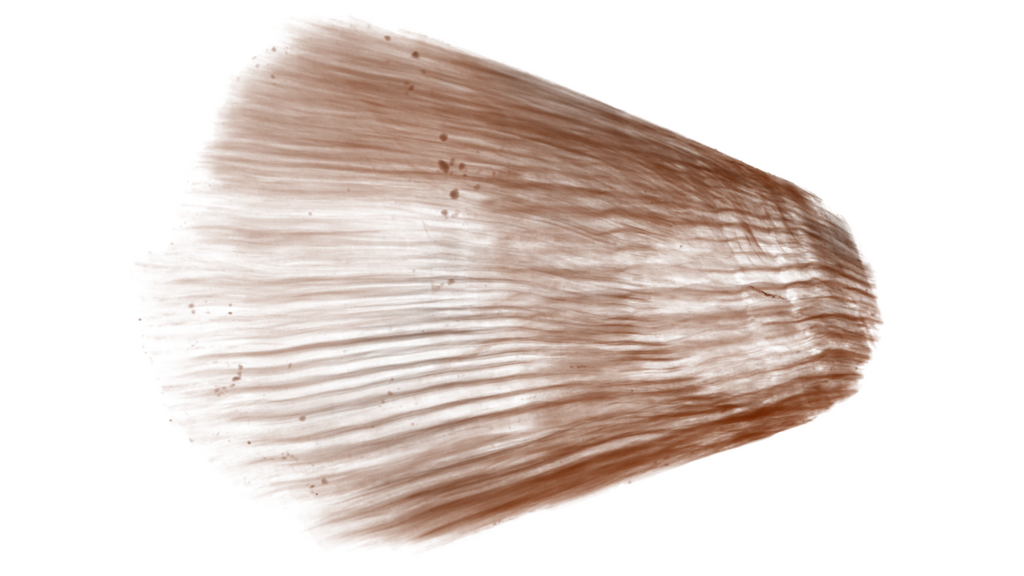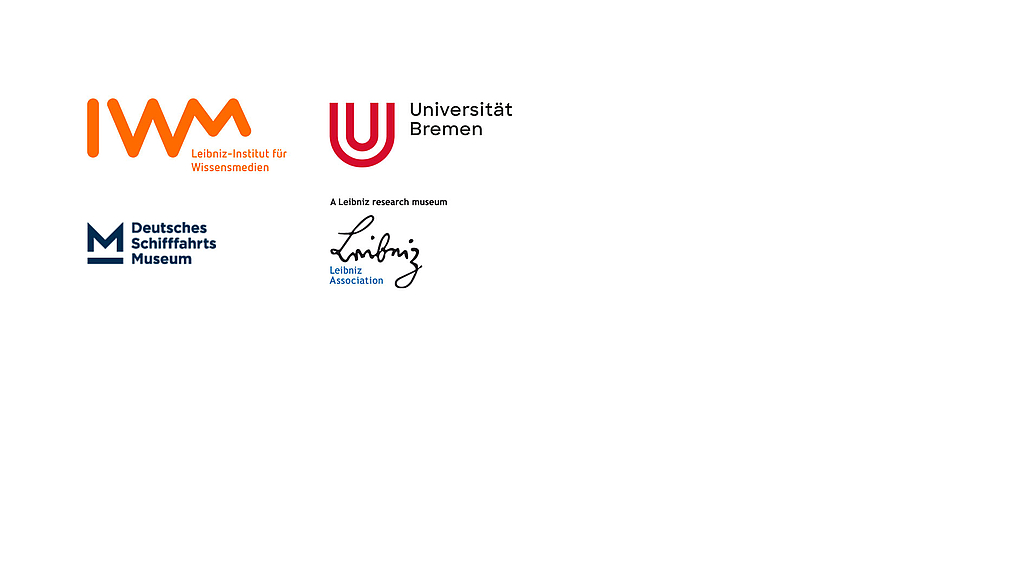Knowledge through Digitized Material? - Objects, Images, Perspectives
Together with the Center for Materials and Processes (MAPEX) and the Institute for Knowledge Media (IWM), the German Maritime Museum/ Leibniz Institute of Maritime History (DSM) is organizing the conference "Knowledge through Digitized Materials? - Objects, Images, Perspectives." On two consecutive days, the partners of the SAW transfer research project "Digital Materialities" will discuss with guests from science and culture the aesthetic dimension of digitized material, its evidential function and its barriers.
Digitization allegedly is occupied with a thorough visualization and analytical accessibility of objects. By revealing formerly hidden details and traces, it is intended to better express their ‘true’ form. At the same time, digitization has the potential for paving the ways for a worldwide exchange of knowledge about these objects, making them available on the web with little legal restrictions or technical access barriers. We illuminate, colorize, enlarge, look at details, and comment.
But what different materialities are actually produced in the digital objects? To what extend is a digital object an artifact in its own right, and therefore detached from its ‘analogue’ counterpart? Could it acquire any epistemic value at all without such a distance - be it in the sense of an abstraction or a concretion? And what intrinsic disturbances, distortions, artifacts and biases are haunting technical digitization processes – as ‘ghosts in the machine’ whose analysis, in turn, can unlock great epistemic potential?
Digital images – both in museums and exhibitions and in industry, medicine, or the natural sciences – have a fundamental heuristic function today: Information is derived from them that is decoupled form an empirical verifiability at an incremental rate.
However, still too seldom reflected seem the various processes and forms by which media techniques inscribe themselves into virtual objects. Different digitization media and methods are not simply extensions of our senses, but operate with their own specific media-technical logics. These digitization media and methods in part generate quite 'non-human' sensory data which must first be 'translated' for the human senses. They imply (in a double sense) 'programmatic' decisions that influence the representation of objects and artifacts; and they actively shape our perspectives on them. As a consequence, they also guide the way knowledge is produced.
And last but not least, in museums as well as in scientific or industrial contexts, we have to ask on which levels digital and analog objects can (and should) function, interact and conflict with each other? How do spaces, situations and everyday practices influence the perception of digital objects, and which specific media-technical environments are constituted in these processes?
The conference will address these issues from an overarching perspective as well as through specific case studies from museum and industrial application areas. In doing so, it brings theory and practice from different disciplinary fields into close exchange.
Registration for face-to-face participation is open until April 30, 2023. Registration for virtual participation is open until Mai 31, 2023. Conference language is English.
Program
June, 15th at the Research Depot of the German Maritime Museum/ Leibniz Institute of Maritime Bremerhaven - Practice and Vision on Site
- 13:00-14:00 Arrival at the Research Depot and Informal Get-Together.
- 14:00-14:45 Opening Talk Sebastian Vehlken(DSM) andCornelius Borck (Uni Lübeck):I Calculate Something You don't See! Notes from the Universe of Technical Images
Panel 1: Art Science Technology? The Aesthetic Dimension of Digitization as a Scientific Method Chair: DSM
- 14:45-15:20 Jörg F. Wagner (University of Stuttgart): Digitization of Precision Mechanical Devices - The Case Study Gyrolog
- 15:20-15:55 Roland Meyer, Simon Rothöhler (Ruhr-University Bochum): Virtual Image Archives
Break
- 16:25-17:00 Guided Tour through the Research Depot
- 17:00-17:35 Show Results from Prototyping for Exhibition in Digitization Lab
- 18:00-19:00 Conference Dinner
June, 16th at the Haus der Wissenschaften Bremen - Theory with a Reality Check
Panel 2: Truth or Falsification? The Evidential Function of Digitized Material (Chair: MAPEX)
- 9:00-9:35 Fauzia Albertin (CNR-SCITEC, Italy): Works of Art Digitization – Beyond Visible Light
- 9:35-10:10 Tomas Sauer (University of Passau): Physical and Virtual Objects: There and Back Again
- 10:10-10:45 Jana Gelbrich (EIPOS): What Wood Can Tell if You Understand Its Language
Break
- 11:20-11:55 Vincent Fernandez (NHM UK): Using X-ray Micro-Computed Tomography in Cultural and Natural Heritage
- 11:55-12:30 Pia Götz (MAPEX): Revealing the Secrets of Historical Navigation Instruments – A Story About old Instruments Brought to Novel Virtual Life
- 12:30-13:00 Discussion of an Interim Status/Collection of Topics for further Discussion
Lunch
Panel 3: Visual Aid or Barrier to Knowledge? (Chair: IWM)
- 14:00-14:35 Werner Schweibenz (University of Konstanz): Digital Materialities – Virtual Contact with the Real Object in the Museum Space?
- 14:35-15:10 Birgit Brucker (IWM): Learning about Dynamic Movement Patterns in Desktop and True Virtual Reality Environments
- 15:10-15:45 Manuela Glaser(IWM): Potentials of Digital Models of Exhibition Objects for Reception
- 15:45-16:30 Concluding Discussion



